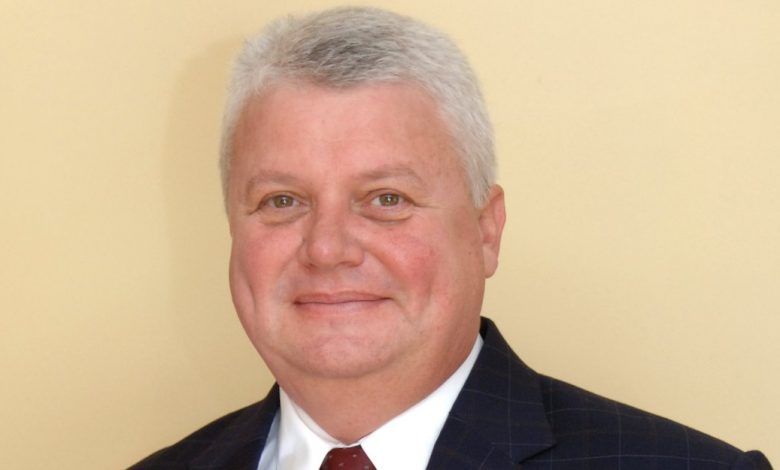Asia Pacific Connex: Jack-up precipice nearing

Perth: Drillships have already been hit hard by the declining oil price, but the worst is yet to come for jack-up rigs, says a leading Australian offshore consultant. Andre Wheeler heads up Asia Pacific Connex, a company connecting people and resources within the APAC region to provide services to the oil and gas sector as well as assisting Australian companies enter Asian markets.
“There is a lot of nervousness within the offshore sector, particularly with regard assets used in exploration,” Wheeler says, noting how contracts are coming under pressure with the likes of Transocean having contracts cancelled. The market is still to react to the recent announcement by Seadrill that it is writing down $1.1bn associated with a Petrobas contract awarded in November 2014 for supply of deepdrill vessels.
“This is a real worry,” says Wheeler, “as it covers a contract that has not started as yet as well as being with the world’s largest operator of deepwater rigs and drillships.”
Liftboat revenues and utilisation are down, but the precipice for jack-ups is only coming now.
“We are still to feel the pain of an oversupply of jack ups to the market , which I believe will start impacting in the second half of 2015,” Wheeler says, noting how a number of buyers are converting rig orders to tankers as well as looking to delay delivery dates.
“We can expect further weakness in both utilisation and charter rates over the next 18 months,” Wheeler reckons.
Nevertheless, Wheeler is adamant that the bottom has been reached for oil prices. He expects the oil price to get back to around the $75 mark, and bounce between $50 and $75 for the remainder of this year.
“I do not believe we will see a return to $100 for a while yet,” he adds.
As an expert in the Southeast Asian offshore scene, Wheeler has some concerns for the region. While others maintain Southeast Asia can ride out the low oil price storm, Wheeler points to a number of worrying developments.
“Confidence was knocked,” he says, “when a newbuild liftboat and three newbuild self-elevating barges came onto the open market last month. Some of the early indications are some contracts are under scrutiny and O&G companies looking to suppliers to reduce rates. The knock on effects are escalating as companies try and adjust their balance sheets to reflect more accurately the cash liquidity in the sector.” He cites Petrobras still owing Singaporean yard Sembcorp $80m as an example and the likely cancellation by the Brazilian energy giant of a $1.5bn order.
Nevertheless, opportunities will grow in the fixed, floating and subsea units over the next few years Wheeler says, as the likes of China, Indonesia, India, Myanmar and the Philippines look to secure their energy futures. He also sees new frontiers being opened up in deeper waters, particularly in the Philippines and Myanmar that previously had no offshore activity.
Wheeler’s real concern in Southeast Asia is the relatively high level of risk associated with liquidity and free cash flow. When the oil price was high, investors – particularly venture capital – poured money into the sector that is over leveraged now that inventories are revalued down.
There are a number of companies that now have a debt/equity beyond 1:1 coupled with no free cash flow. “I anticipate that we will get some consolidation and closures this year,” Wheeler predicts.
